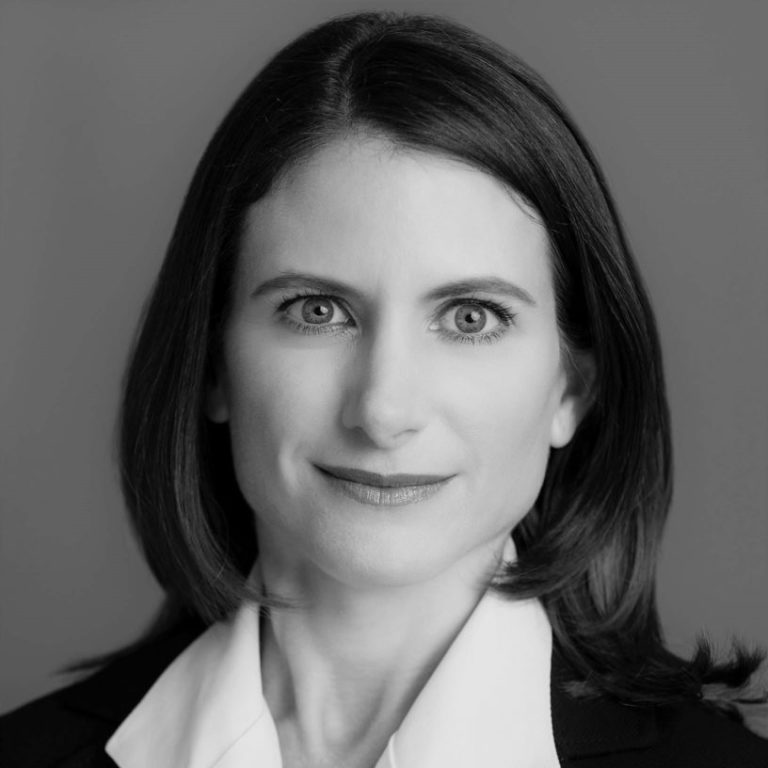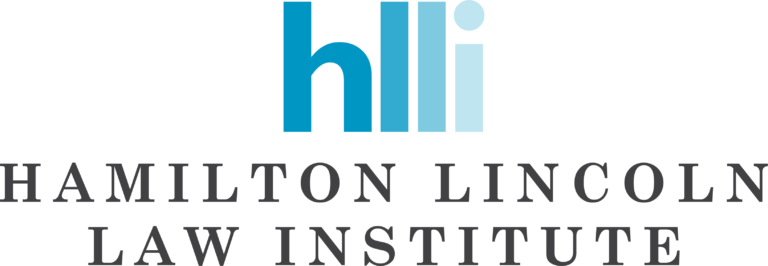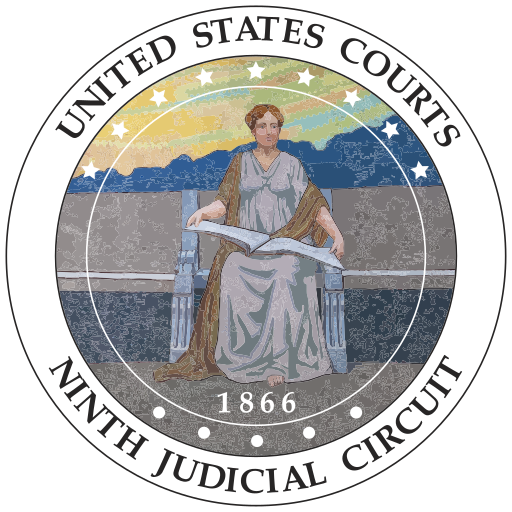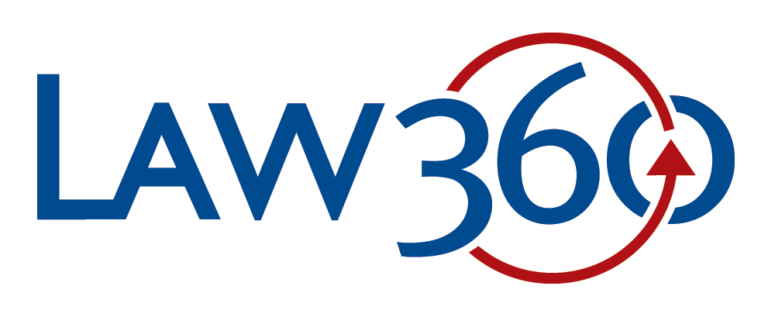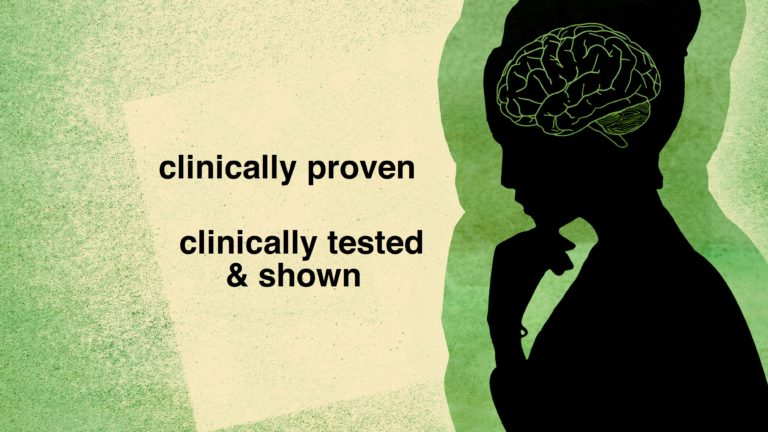FedSoc: Countering the Biden Administration’s ESG Push: A Litigation Update on Utah v. Walsh
HLLI's Anna St. John and Ned Hedley write at The Federalist Society: The plaintiffs challenging the ESG Rule argue that it is contrary to the ERISA statute, exceeds the DOL’s authority, and is arbitrary and capricious. Utah v. Walsh also presents separation of powers questions.

